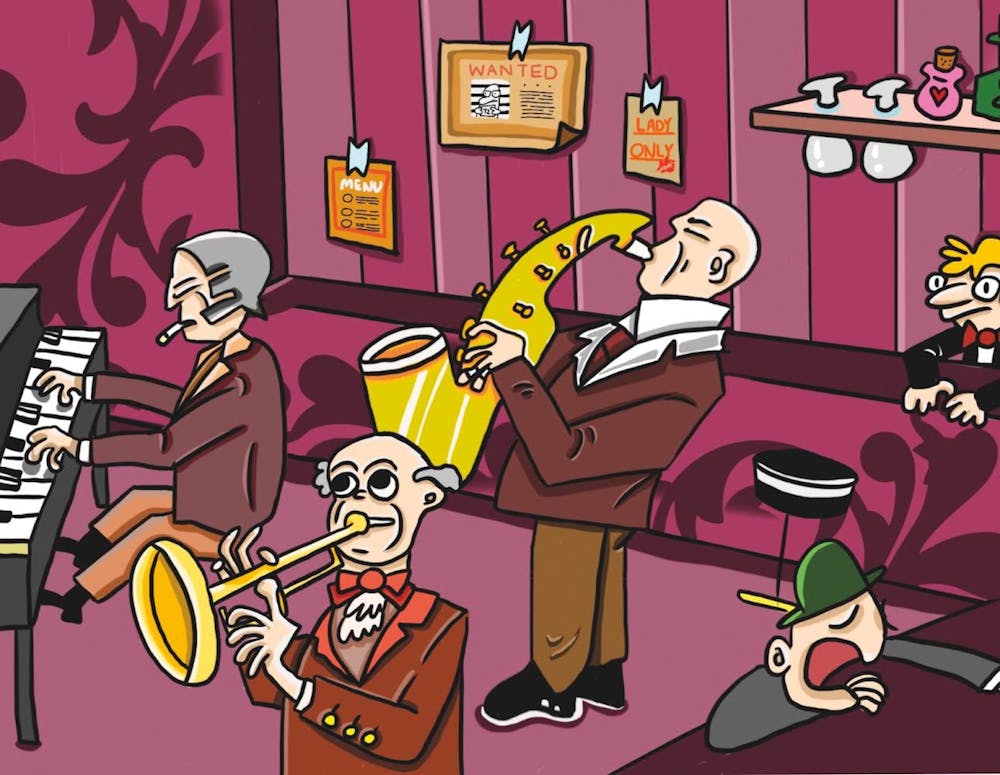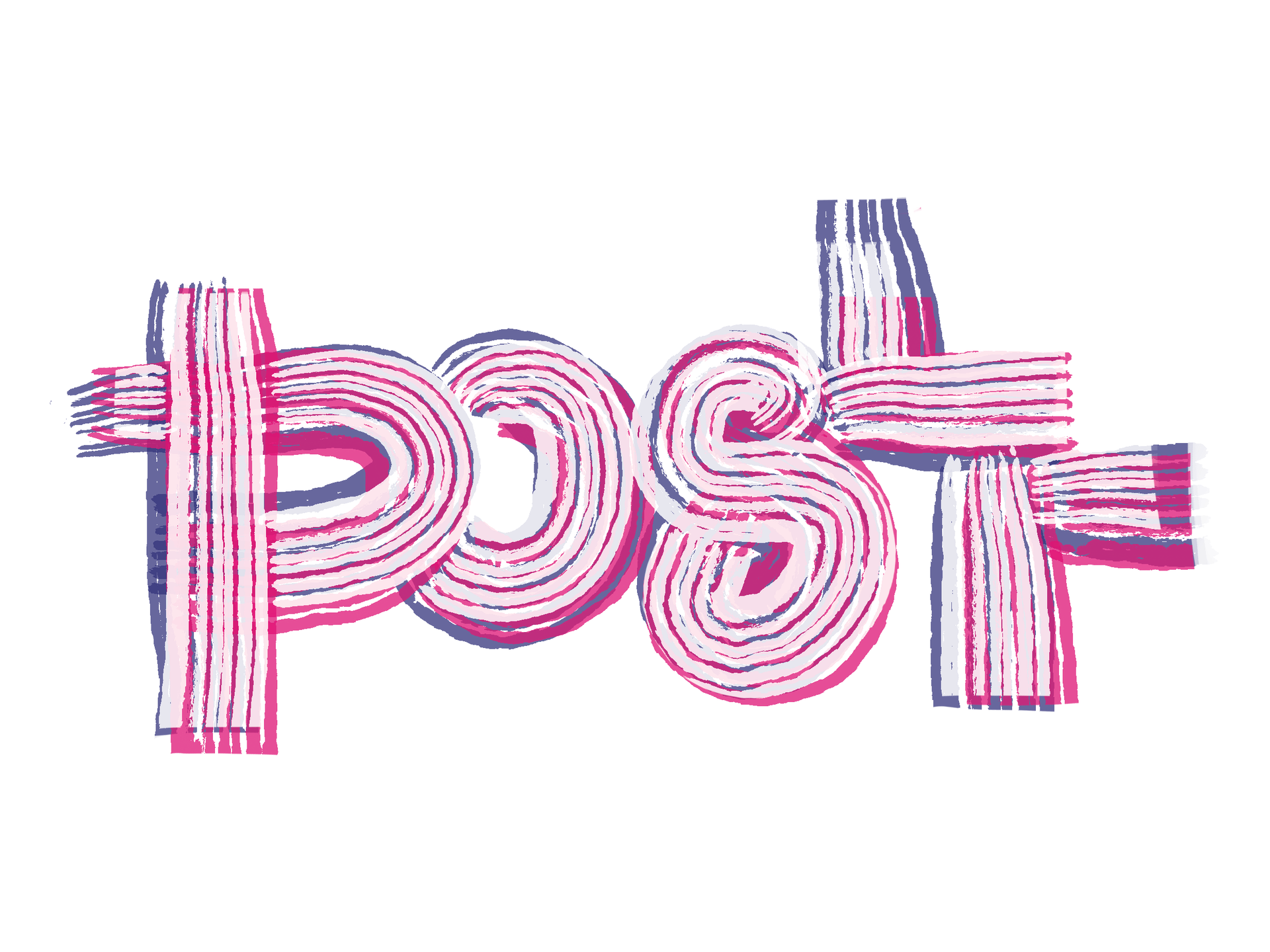The first chord of Chopin’s Nocturne No. 13 is a low, resounding C that beckons you—slow, crashing waves meet your feet as the moon gazes at your form. Hands alternate between soft bass notes that sink into your core and a high-pitched melody that yearns. This dance drives you through the scene, a steady march toward some impending doom.
This Chopin piece occupies its own little room in my heart. My piano teacher introduced it to me when I was 16, and I quickly decided to take on the challenge of doing it justice. It is dark, angsty, and swimming with emotion too vast to convey with words, perfectly fit for the turbulent teenage mind.
When I play a piece, I conjure stories that go along with the mood and tone of the piece—a habit that began in early childhood. I have pictured bunnies hopping in fields, bells clanging in a small European town, and shimmery water that bounces in a fountain. Piano has allowed me to explore emotions and perspectives that do not belong to me, to occupy a new space or temporality by uniting myself with figures of the past, hidden objects, and neglected moments.
“It is dreadful when something weighs on your mind, not to have a soul to unburden yourself to. You know what I mean. I tell my piano the things I used to tell you.”
― Frédéric Chopin
Chopin wrote dramatic compositions that bared his soul to pianists centuries later, and in the six minutes that I play his work, I latch onto a piece of it. I am the composer standing in the waves, contemplating the depths of my loneliness.
His words settle in the pit of my stomach. As I play through his composition, the melody pierces a still night sky—its arc feels like a call that dissipates into the rough edges of the shore. The nocturne tricks you into thinking you’ve reached its end, steady chromatic chords dragging the listener toward home, but your eyes scan the surrounding beach and meet the kindred gaze of the moon.
The piece continues. My fingers land on a soft yet resonant C major chord. I pause for a beat too long, feeling the sound waves in perfect harmony crash into my body. C major, commonly designated for joyful celebrations or grand openings, takes on a different tonality—a certain sorrow with a sliver of hope. This section is part funeral march, part serenade.
The moon glows on a pitch black backdrop. Eyes glued to the celestial body, you scale the jagged rocks of the shore, yet to be smoothed by the tides. The rich harmonies rush through the air as a gust of wind, encouraging your steady climb towards the precipice of the beach.
As I play through this section, I experience the exhilaration of immersion into a craft. I enter a flow state where my fingers coordinate closely with instructions from my brain, and I develop my musicality by noticing the exact turns of my wrist, the amount of weight from my back, all the way to the angle of my finger pads. Piano is algorithmic in the most mechanical sense, but there is beauty in the synergy between intangible sound and the physical human form. If you search for video recordings of professional classical musicians, their bodies sway with the contours of the melody, syncing with the piece even up to the furrow of their eyebrows.
Here, playing music is pure bliss. It is standing on the edge of the rocky precipice, closing one’s eyes and accepting the touch of moon rays and the brush of the land-ward breeze.
But of course, achieving this near-perfect coordination is only attainable through practice. In learning this nocturne, I’ve sat at the piano for hours at a day drilling the first chord: a low C octave. The two notes must be played at exactly the same time so that the sound is crisp; the overall volume must be quiet, but it must evoke the sureness required to set the tone for the rest of the piece. The thumb must be more emphatic. I begin to slouch in my seat, repeatedly striking the keys in chase of just the correct color, each attempt faintly askew. This pattern of drilling continues for the rest of the piece until I map out the exact hue of sound, from crest to trough.
Thus begins the downward spiral of any artist dedicated to their craft—agonizing over an eight bar passage for endless hours a day. My piano at home has endured countless bouts of frustration, of slamming the plastic keys on the Yamaha. The chase for the perfect expression of Chopin’s pure anguish begins to feel like an impossible task. Something is terribly wrong.
A foot staggers on the slippery rocks, and you tumble into the sea.
It is an awful, awful feeling that mutates as you sink deeper into the dread, that you might never produce a worthwhile performance to an awestruck audience, or that your fingers are restricted in speed and finesse, and that you are incapable of tugging on a soul. The feeling swirls in torrents around you, mercilessly tossing you through the deep and percolating into your mouth, seizing the throat. Large octaves descend into endless triplets played in a flurry. The theme from the beginning reprises, but it is more turbulent and desperate—you gather all of your hurt, the masses of your shortcomings, and the lingering tickle in the back of your head that you may only reach the lower edge of greatness, and pour it all into the waves around you. You gasp for air. It is exhausting.
Suddenly, the enormity of the ordeal is too much to bear.
You stop thrashing and numbly sink into the deep.
When I am asked about why I decided to take a hiatus from piano in college, I cannot give a proper answer. To be honest, I’m not sure if one day I realized that I was tired, or if I could not muster any emotion other than resentment upon looking at the piano, or if I saw no future for myself in music, or if I simply got too busy. Regardless, in college, I have been forced to define myself outside of my piano ability. But who am I without my skills?
A whole person. In my quest to translate the agony of a 19th century composer, I unintentionally succumbed to the all-consuming mindset that classical music demands to be played only at an elite level, that my musical sensibility is cheap otherwise.
But my hiatus has made me calmer and less desiring of perfection. I appreciate the subtle harmonic clashes of missed notes in live performances, which I find to be a more authentic expression of human art. And while I still wince a little at old piano recordings, the distance has allowed me to view my playing more objectively. This year of rest has yielded proper reflection on my relationship with the art form—while never perfect, I used to carve melodies into the air with an intuition I never realized I had. The revelation feels like a gentle gust of wind on my cheek: the joy of simple piano, of tapping the keys playfully. My fingers itch in yearning.
Against all odds, you wash up on the shore. The clashing of the waves fills your ears, and your back digs into the ground, the sand carried by the water gradually burying you. Your hair is drenched, and you’re gasping for air. There’s a rhythm—peaceful and right—that makes you close your eyes.





